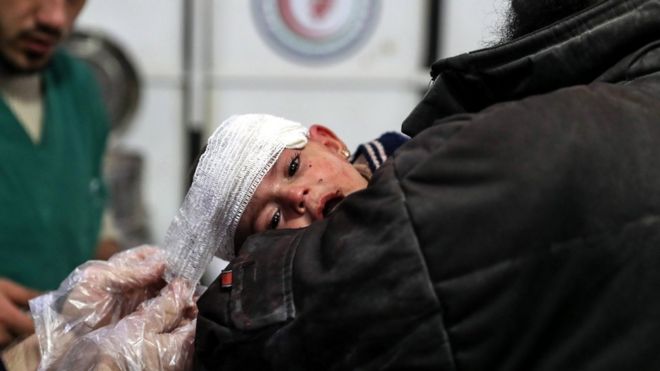| Trump signing the historic Jerusalem document Source: http://www.cnn.com/videos/politics/2017/12/06/trump-signs-jerusalem-document-vo-wolf.cnn |
The president, Donald Trump, has declared Israel's capital to officially be recognized as Jerusalem as of Wednesday, December 6th, 2017. Trump also announced his plans to to move the United States Embassy from Tel Aviv to the highly controversial Holy City. Many believe this will only further increase tension in that region.
For the past seven decades the United State's foreign policy refused to recognize Jerusalem as the capital of Israel until the Israeli-Palestinian conflict was resolved. Trump believes this is a step in the right direction to bring about peace in the Middle East.
| The Holy City of Jerusalem Source: http://cdn.cnn.com/cnnnext/dam/assets/171203231146-jerusalem-significance-lee-pkg-super-169.jpg
Trump has stated that his decision that the United States will recognize the city of Jerusalem to be the capital should not be taken as the U.S. taking a stance in regards to how the city will be shared. He has previously shared that he is an advocate for peace in the Middle East, but some fear this decision will only increase violence in that region.
|

